- Browse
- Graph Theory
Graph Theory Courses
Graph Theory courses can help you learn about vertices, edges, paths, and cycles, as well as concepts like connectivity and graph coloring. You can build skills in network analysis, algorithm design, and problem-solving techniques that apply to various fields such as computer science, biology, and social sciences. Many courses introduce tools like Python libraries for graph analysis, visualization software, and algorithms for optimizing network flows, allowing you to apply your knowledge to real-world data and complex systems.
Popular Graph Theory Courses and Certifications
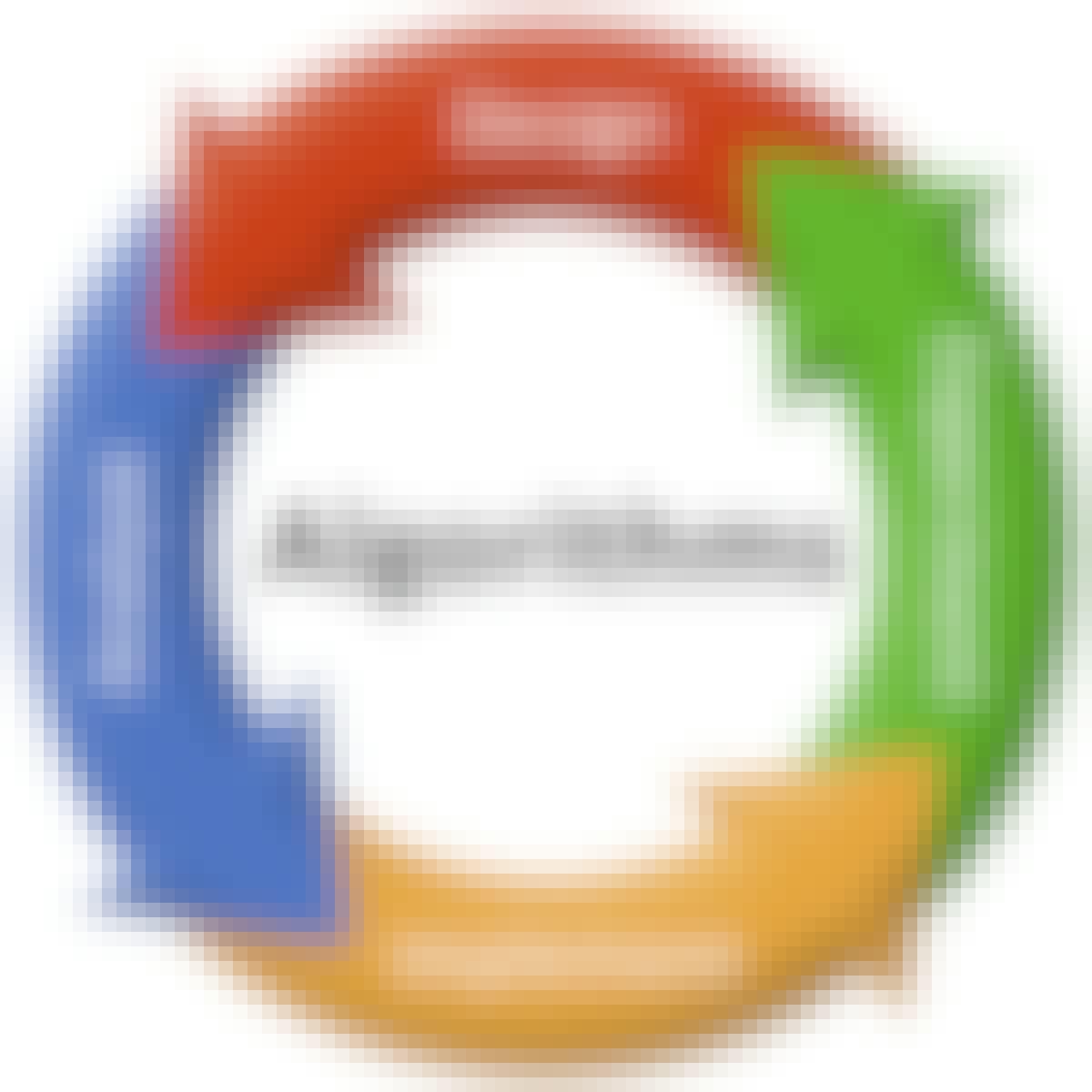 Status: Free TrialFree TrialS
Status: Free TrialFree TrialSStanford University
Skills you'll gain: Data Structures, Graph Theory, Algorithms, Bioinformatics, Theoretical Computer Science, Network Model, Programming Principles, Social Network Analysis, Network Analysis, Computational Thinking, Analysis, Computer Science, Network Routing, Probability, Pseudocode, Computational Logic, Operations Research
4.8·Rating, 4.8 out of 5 stars6K reviewsIntermediate · Specialization · 3 - 6 Months
 Status: NewNewStatus: Free TrialFree TrialN
Status: NewNewStatus: Free TrialFree TrialNNiel Asher Education
Skills you'll gain: Cleanliness, Manual Therapy, Healthcare Ethics, Anatomy, Physical Therapy, Athletic Training, Cognitive Behavioral Therapy, Patient Communication, Medication Therapy Management
Advanced · Course · 1 - 3 Months
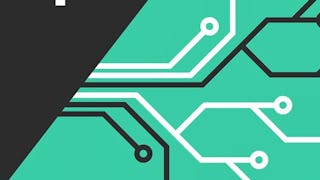 Status: Free TrialFree Trial
Status: Free TrialFree TrialSkills you'll gain: Data Structures, Algorithms, Graph Theory, Programming Principles, Theoretical Computer Science, Computer Science, Computer Programming, Python Programming, Pandas (Python Package), Machine Learning Algorithms, Computational Thinking, C++ (Programming Language), Data Architecture, Random Forest Algorithm, Performance Tuning, Object Oriented Programming (OOP), Network Analysis, Program Development, Problem Solving, Debugging
4.5·Rating, 4.5 out of 5 stars37 reviewsIntermediate · Specialization · 3 - 6 Months
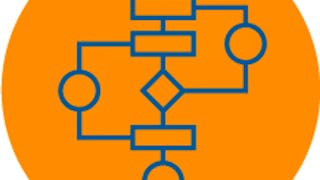 Status: Free TrialFree Trial
Status: Free TrialFree TrialSkills you'll gain: Data Structures, Graph Theory, Algorithms, Java, Java Programming, Theoretical Computer Science, Computer Programming, Computational Thinking, Programming Principles, Performance Tuning, Object-Relational Mapping, Computer Programming Tools
3.5·Rating, 3.5 out of 5 stars11 reviewsIntermediate · Specialization · 1 - 3 Months
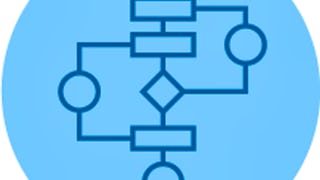 Status: Free TrialFree Trial
Status: Free TrialFree TrialSkills you'll gain: Computational Thinking, Algorithms, Graph Theory, Data Structures, C++ (Programming Language), C and C++, Programming Principles, Computer Programming, Object Oriented Programming (OOP), Technical Design, Theoretical Computer Science
4.6·Rating, 4.6 out of 5 stars16 reviewsIntermediate · Specialization · 1 - 3 Months
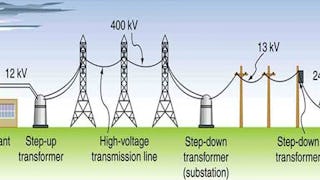 Status: Free TrialFree TrialL
Status: Free TrialFree TrialLL&T EduTech
Skills you'll gain: Electric Power Systems, Electrical Power, Systems Analysis, Electrical Engineering, Network Analysis, Numerical Analysis, Mathematical Modeling, Simulation and Simulation Software, Simulations, Graph Theory
4·Rating, 4 out of 5 stars9 reviewsIntermediate · Course · 1 - 4 Weeks
 J
JJohns Hopkins University
Skills you'll gain: Political Sciences, Policy Analysis, Social Justice, Social Sciences, Public Policies, Game Theory, Demography, Logical Reasoning, Applied Mathematics
4.8·Rating, 4.8 out of 5 stars26 reviewsMixed · Course · 1 - 3 Months
 Status: Free TrialFree TrialT
Status: Free TrialFree TrialTTsinghua University
Skills you'll gain: Data Structures, Algorithms, Graph Theory, Vector Databases, Computational Thinking, Database Design, Theoretical Computer Science, Programming Principles, Query Languages, Performance Tuning, Computer Science, Computer Programming
2.8·Rating, 2.8 out of 5 stars39 reviewsIntermediate · Specialization · 3 - 6 Months
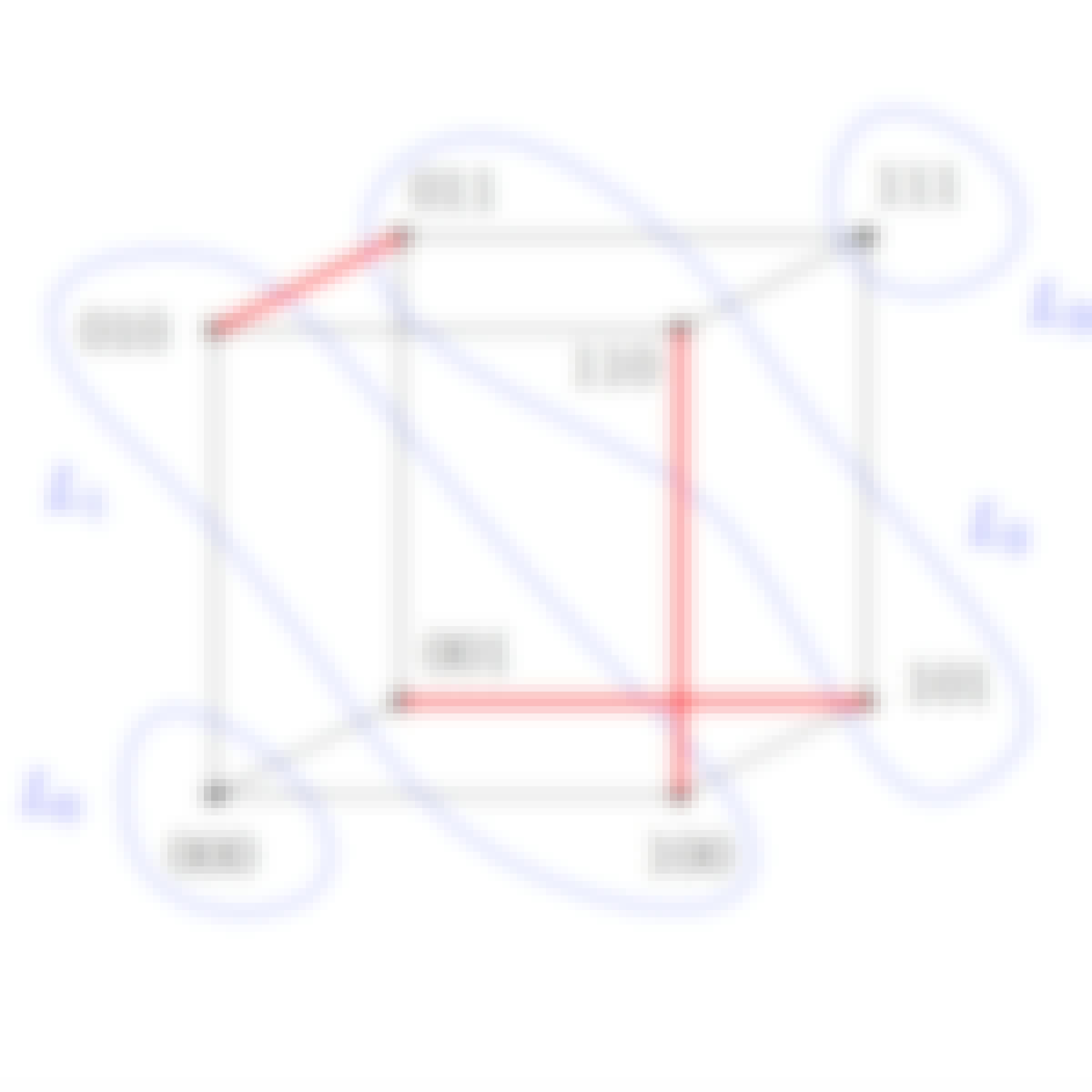 Status: PreviewPreviewS
Status: PreviewPreviewSShanghai Jiao Tong University
Skills you'll gain: Combinatorics, Graph Theory, Theoretical Computer Science, Mathematical Theory & Analysis, Advanced Mathematics, Network Analysis, Computational Thinking, Algorithms, Data Structures, Computer Science
3.3·Rating, 3.3 out of 5 stars202 reviewsIntermediate · Course · 1 - 3 Months
 Status: PreviewPreviewT
Status: PreviewPreviewTThe University of Tokyo
Skills you'll gain: Game Theory, Social Sciences, Negotiation, Behavioral Economics, Economics, Strategic Decision-Making, Decision Making, Business Strategy, Strategic Planning, Probability
4.7·Rating, 4.7 out of 5 stars2K reviewsBeginner · Course · 1 - 4 Weeks
 Status: PreviewPreviewU
Status: PreviewPreviewUUniversity of Amsterdam
Skills you'll gain: Sociology, Social Studies, Social Sciences, Socioeconomics, Culture, Political Sciences, Economics, Qualitative Research, Research Methodologies, Science and Research
4.9·Rating, 4.9 out of 5 stars3.1K reviewsMixed · Course · 1 - 3 Months
 Status: PreviewPreviewT
Status: PreviewPreviewTThe University of Edinburgh
Skills you'll gain: Music Theory, Music, Classical Music, Musical Composition
4.5·Rating, 4.5 out of 5 stars1.9K reviewsBeginner · Course · 1 - 3 Months
Searches related to graph theory
In summary, here are 10 of our most popular graph theory courses
- Algorithms: Stanford University
- Essentials of Acupuncture: Theory & Practice: Niel Asher Education
- Data Structures and Algorithms: The Complete Masterclass: Packt
- Java: Data Structures and Algorithms: Codio
- C++: Data Structures and Algorithms: Codio
- Load Flow Analysis: L&T EduTech
- The Mathematics of Democracy, Politics and Manipulation: Johns Hopkins University
- Data Structures and Algorithms: Tsinghua University
- Discrete Mathematics: Shanghai Jiao Tong University
- Welcome to Game Theory: The University of Tokyo










